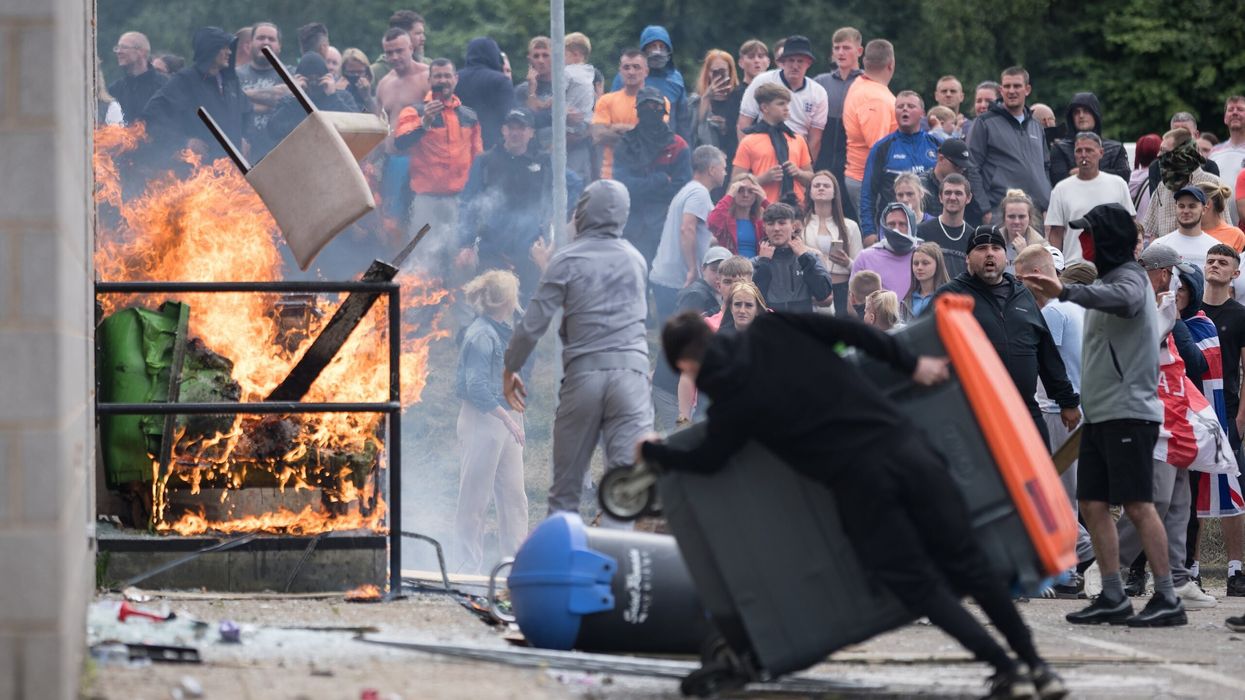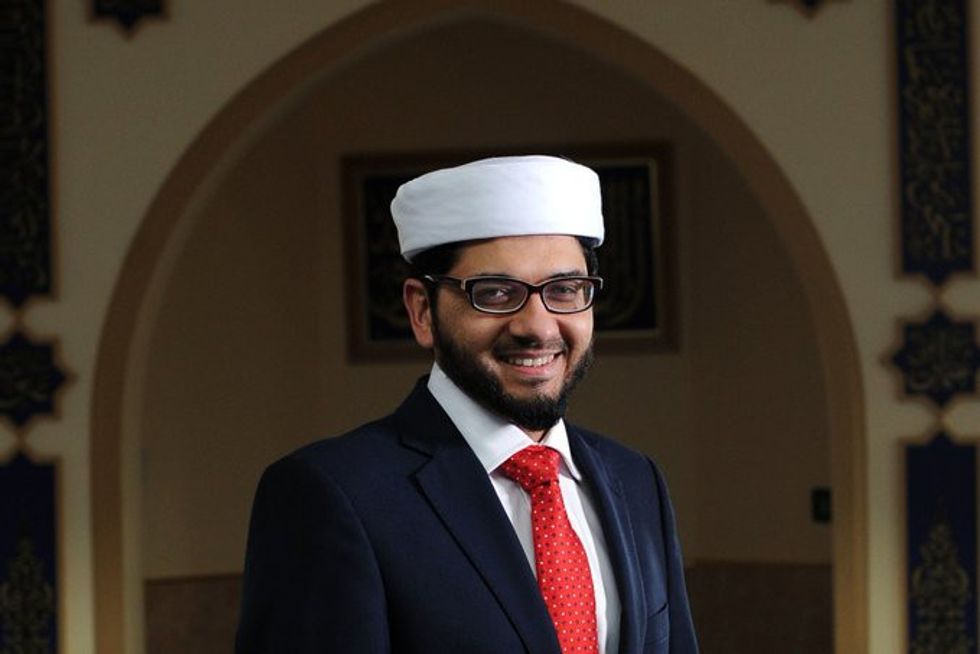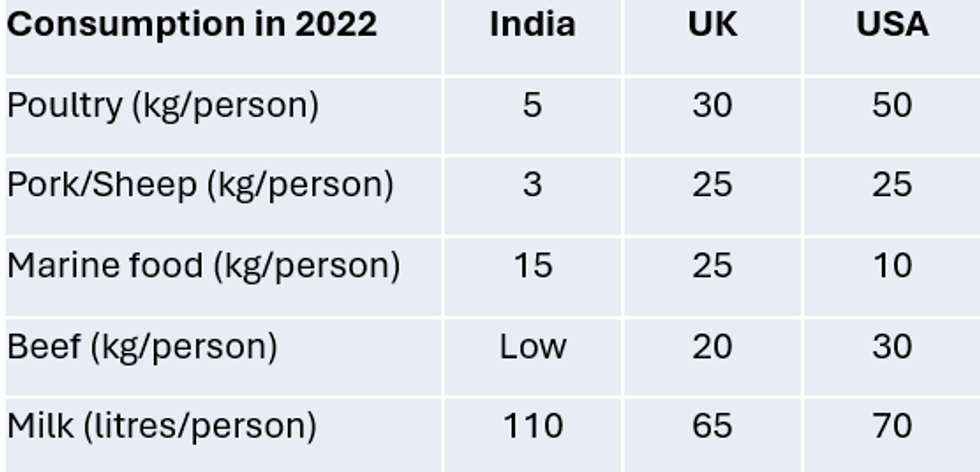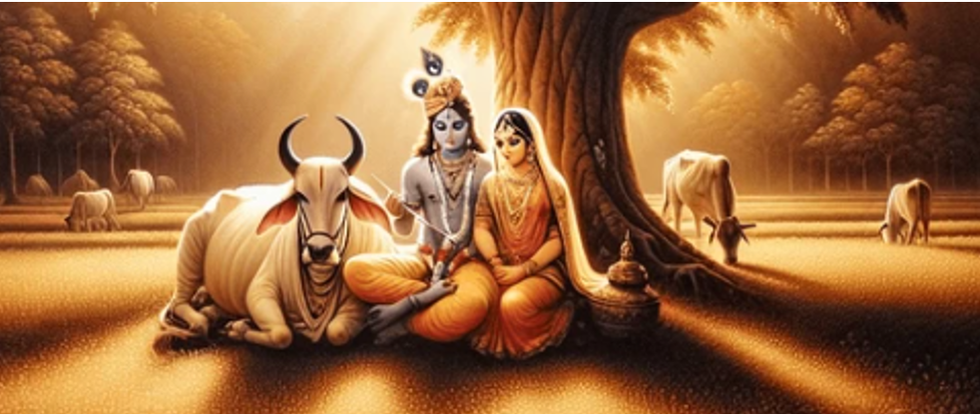By Harris Bokhari
The Covid-19 pandemic has exposed some of the pressing racial inequalities in our society. BAME individuals have been over-represented; in Covid-19 related deaths; working in professions which put them at greater risk of contracting the virus; and in losing their livelihoods due to being on zero hour contracts. These discrepancies are the product of deep rooted racial inequalities which have plagued our society for a long time. The effects of these inequalities would be far worse, were it not for the inspiring BAME voluntary led organisations who work day in and day out to provide support to minorities.
Social inequalities have the capacity to generate tensions and friction in our society. Britain has seen this first hand over the last few years with the Brexit vote, where growing economic inequalities contributed to a growing sense of disenfranchisement with the status quo. In this context, the work that BAME charities do to foster greater inclusion and community cohesion is absolutely integral.
This week, the Queen’s Award for Voluntary Service (QAVS), which is also a part of the honours system and is the highest award given to volunteer led groups across the UK, highlighted the work of some of these exceptional organisations.
An excellent example is the South Essex Community Hub which offers key services and support to disenfranchised BAME communities, including developing digital skills, translation services, mental health support, in order to foster shared values and social inclusions.
One of the groups most vulnerable to social exclusion are refugees and asylum seekers. Through its free English Language school and supported housing projects, the Action Foundation, based in Tyne and Wear, empowers vulnerable asylum seekers, refugees and other migrants to overcome exclusion and poverty. Amidst the hostility to migrants expressed in the Brexit vote and the Windrush scandal, the work of the Action Foundation and other similar organisations, is a beacon of hope for those coming to this country to make a better life for themselves.
It is also important to remember the role that faith communities across the country play in building bridges and bringing diverse people together. The Northampton Siri Guru Singh Sabha Gurdwara and Guru Nanak Gurdwara Smethwick, both Sikh places of worship, provide an innovative hub connecting communities and services to make a positive impact to people's lives from all faiths and none.
These organisations have been doing crucial work to build community cohesion in very difficult circumstances. A national honour is both a vindication of these efforts and an encouragement for the future. What’s more, honouring these groups can act as a way to heal wounds and provide recognition for communities that feel disenfranchised, in an increasingly fractious and polarised society.
The government sets out clear guidelines on how to nominate a voluntary group for the next round of QAVS.
Visit: https://www.gov.uk/queens-award-for-voluntary-service
Doing so is an important way to help the most valuable voluntary groups in the country get much deserved recognition and encouragement for their work. Nominations for the 2021 awards close on 25 September 2020, so nominate a group today.




















 Krishna often depicted with calves and bulls as much as cows!
Krishna often depicted with calves and bulls as much as cows! 


BAME voluntary organisations led the way